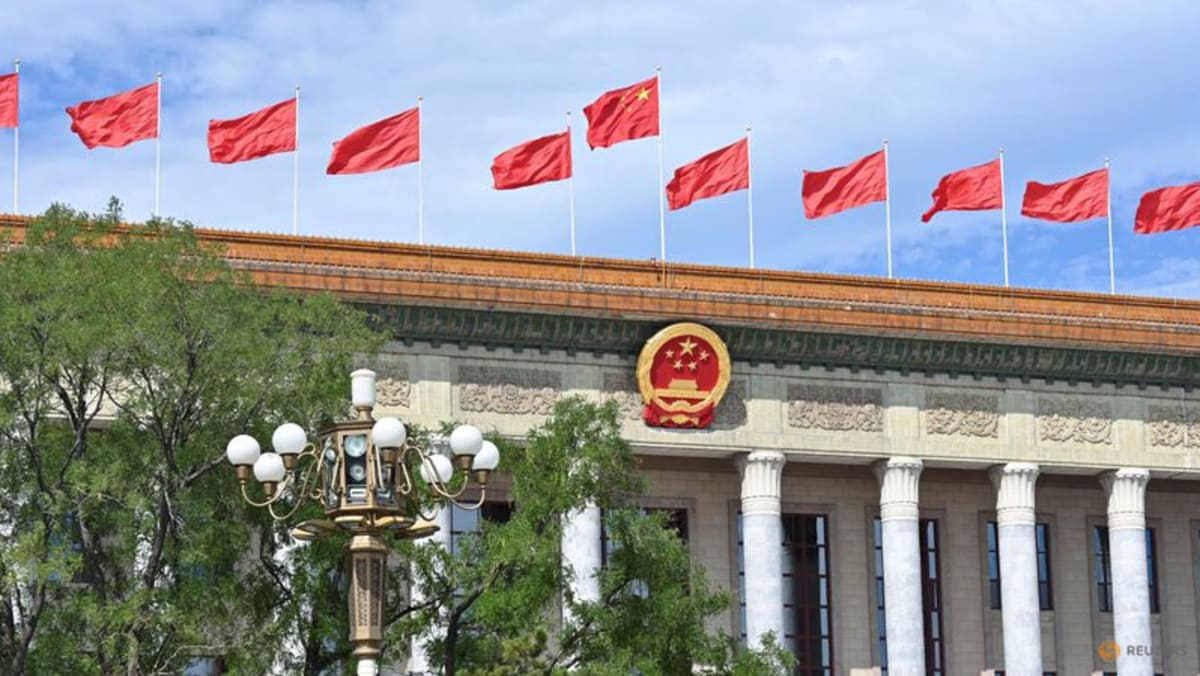There was also an increase in the number of cases at non-financial state-owned enterprises in 2024, with six SOE bosses under investigation compared to three last year. Among them is Tan Ruisong, former chairman of the Aviation Industry Corporation of China.
Dozens of top and former aviation and defence industry executives have also been placed under investigation in the past year, including Zhu Zhisong, head of Shanghai’s free-trade zone.
Zhu was previously in charge of Shanghai’s aerospace bureau, which serves as a research and development base for rockets and missiles. It followed a corruption investigation into his former deputy at the bureau, Dai Shoulun.
Three senior aerospace and defence executives were also expelled from the nation’s top political advisory body in December last year.
Xi’s sweeping anti-corruption campaign – which has been under way since late 2012 – has also had the military in its sights, a crackdown carried out by the People’s Liberation Army’s anti-graft watchdog. Officials from the PLA Rocket Force that oversees the nuclear arsenal have been a focus since last year.
In the most recent case, Central Military Commission ideology chief Miao Hua was suspended last month and is being investigated for “serious violations of discipline”.
In June, Beijing announced that former defence minister Li Shangfu and his predecessor Wei Fenghe were being investigated for corruption, and that they had been expelled from the party and stripped of their military ranks.
Alfred Wu, an associate professor at the National University of Singapore’s Lee Kuan Yew School of Public Policy, said Xi was purging both the buyers and sellers in China’s defence industry.
“His military disciplinary inspectors have taken down several top generals, while the CCDI, which oversees the civilian officials, crack down on defence SOEs,” Wu said. “This is the most intensive year for the military crackdown – and there’s no end in sight.”
Deng said SOEs were also in the crosshairs because of their role in Beijing’s push for technological self-reliance and in strategic projects, and also because they are major employers at a time when the economy is struggling.
Four senior state bankers were placed under investigation for corruption this year, compared to eight in 2023. But none of this year’s banking “tigers” are at the top level.
Last year the finance world was shocked by the downfalls of former China Everbright Bank presidents Li Xiaopeng and Tang Shuangning, and former Bank of China president Liu Liange.
This year also saw several rising young political stars caught up in graft probes – Yang Fasen, who was the Qinghai province security chief, Beijing’s deputy mayor Gao Peng, and Tibet’s deputy government head Wang Yong.
This article was first published on SCMP
